Teddy Pendergrass
Teddy Pendergrass

Theodore DeReese Pendergrass, born on March 26, 1950, in Kingstree, South Carolina, was an American soul and R&B singer-songwriter. He spent most of his life in the Philadelphia area and gained initial musical fame as the lead singer of Harold Melvin & the Blue Notes. After parting ways with the group in 1976, Pendergrass embarked on a highly successful solo career under the Philadelphia International label, achieving the remarkable feat of releasing five consecutive platinum albums, a record for an African-American R&B artist at that time.
Unfortunately, Pendergrass's career faced a setback following a car crash in March 1982 that left him paralyzed from the waist down. Despite this challenge, he continued his successful solo career and announced his retirement in 2007. Theodore DeReese Pendergrass passed away from respiratory failure in January 2010.
Teddy Pendergrass, born Theodore DeReese Pendergrass on March 26, 1950, in Kingstree, South Carolina, was the only child of Jesse and Ida Geraldine (née Epps) Pendergrass. His father left the family when Pendergrass was very young, but his mother promised to find him, and they were reunited when Teddy was 11. Tragically, not long after their reunion, Jesse Pendergrass was stabbed to death on June 13, 1962, during an altercation with another man.
Growing up in the impoverished section of North Philadelphia, Teddy Pendergrass often sang at church. His childhood dream was to become a pastor, and at the age of 10, he was ordained a minister. During this time, he also took up playing the drums and served as a junior deacon in his church.
Teddy Pendergrass attended Thomas Edison High School for Boys in North Philadelphia. He was part of the Edison Mastersingers while at the school. However, he dropped out in the 11th grade to pursue a career in the music business. His first recorded song, "Angel with Muddy Feet," did not achieve commercial success. Pendergrass initially played drums for various local Philadelphia bands, including The Cadillacs (not to be confused with the Harlem-based group of the same name).
In 1970, Pendergrass was discovered by Harold Melvin (1939–1997), the founder of Harold Melvin & the Blue Notes. Initially hired as the drummer, Pendergrass's vocal talent became evident during a performance when he started singing along. Impressed by his vocals, Melvin made the decision to make Pendergrass the lead singer of the Blue Notes. This marked the beginning of Pendergrass's successful collaboration with Philadelphia International Records after the group signed a recording deal in 1971. The label was founded by Kenny Gamble and Leon Huff.
In 1972, Harold Melvin and the Blue Notes released their first single, the slow, solemn ballad "I Miss You." Originally intended for The Dells, the song was offered to the Blue Notes after the Dells declined. Kenny Gamble, noting Teddy Pendergrass's resemblance to Dells lead singer Marvin Junior, decided to feature Pendergrass in the recording. At only 21 years old at the time, Pendergrass sang much of the song in a raspy baritone voice that would become his trademark. The song also showcased Blue Notes member Lloyd Parks singing falsetto in the background, and Harold Melvin added a rap near the end as Pendergrass continued singing, creating a distinctive and memorable production. "I Miss You" became a major rhythm and blues hit, helping establish the Blue Notes' presence in the music scene.
The group's subsequent single, "If You Don't Know Me by Now," further propelled them into the mainstream. The song reached the top 10 of the Billboard Hot 100 and secured the number one position on the soul no. 1 singles chart. Originally intended for fellow Philadelphian Patti LaBelle and her group Labelle, scheduling conflicts prevented them from recording it. Teddy Pendergrass and Patti LaBelle developed a close friendship that endured until Pendergrass's passing.
Harold Melvin and the Blue Notes continued their success with several releases, including notable songs like "The Love I Lost," a precursor to the upcoming disco music scene. They also gained recognition with the ballad "Hope That We Can Be Together Soon" and socially conscious singles like "Wake Up Everybody" and "Bad Luck." One of their significant singles was the original version of the Philly soul classic "Don't Leave Me This Way," later turned into a disco hit when Thelma Houston released her version in 1976.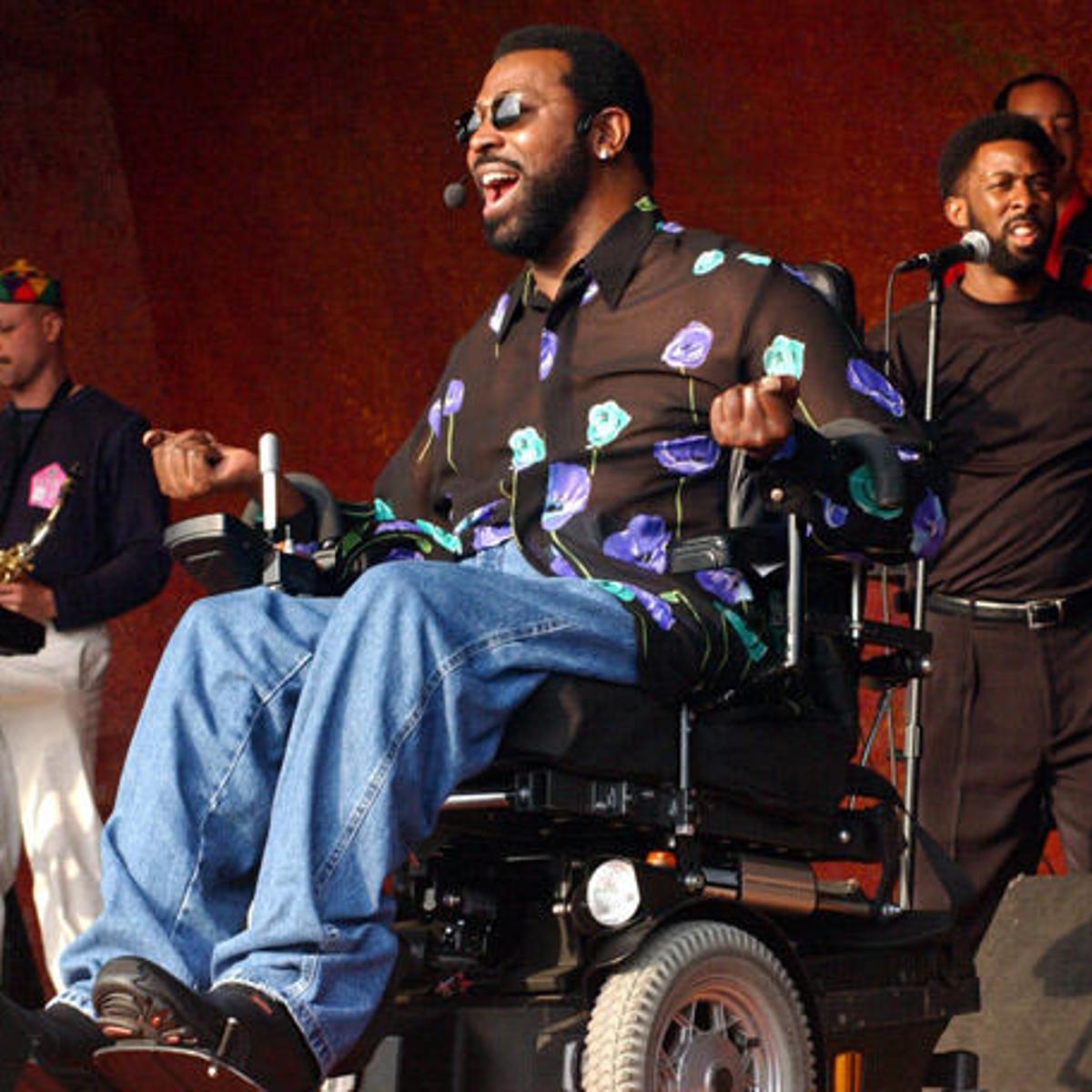
However, by 1975, tensions arose between Teddy Pendergrass and Harold Melvin, primarily concerning financial matters and personality conflicts. Despite Pendergrass being the lead vocalist on most of the group's songs, Melvin retained control over the group's finances. In an attempt to assert his identity, Pendergrass proposed renaming the group "Teddy Pendergrass and the Blue Notes" due to fans often mistaking him for Melvin. This led to Pendergrass's departure from the group in 1975. The Blue Notes struggled with his replacements and eventually left Philadelphia International, working in relative obscurity until Harold Melvin's death in 1997. As of 2014, a version of the group continues to tour the old-school circuit, performing as Harold Melvin's Blue Notes.
In 1977, Teddy Pendergrass released his self-titled album, which achieved platinum status propelled by the disco hit "I Don't Love You Anymore." The follow-up single, "The Whole Town's Laughing at Me," became a top 20 R&B hit. Although not released as singles, album tracks like the uptempo "You Can't Hide from Yourself" and "The More I Get, The More I Want," along with the ballad "And If I Had," also gained popularity. This debut album was quickly followed by "Life Is a Song Worth Singing" in 1978. The album's singles, "Only You" and the classic million-selling number 1 R&B hit "Close the Door," contributed to its significant success. The latter song firmly established Pendergrass as the top male sex symbol in soul music. The album's popularity was furthered by the disco hit "Get Up, Get Down, Get Funky, Get Loose," the ballad "It Don't Hurt Now," and the mid-tempo classic "When Somebody Loves You Back." This double-platinum number-one R&B triumph was followed up in 1979 by two successful albums, "Teddy" (which stayed at number 1 on the Billboard R&B chart for eight weeks and was named the second-biggest R&B album of the year) and the live release "Live Coast to Coast." Hits off "Teddy" included the classics "Come Go with Me," the erotic ballad "Turn Off the Lights," and the uptempo album cut "Do Me." With his sex appeal at an all-time high after his 1979 tour, Pendergrass took a more mellow approach on his 1980 album "TP." It included the classic number two R&B hit "Love TKO," the Stephanie Mills duet version of "Feel the Fire," and the Ashford & Simpson composition "Is It Still Good to You." Between 1977 and 1981, Pendergrass achieved five consecutive platinum albums, setting a then record for a rhythm and blues artist.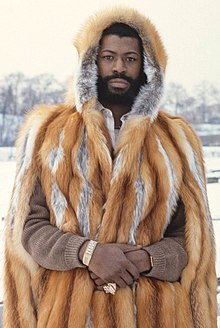
At the end of 1978, Teddy Pendergrass's popularity reached massive proportions. With sold-out audiences packing his shows, his manager, the renowned Shep Gordon, known for his innovative approaches to publicizing artists, noticed that a significant portion of Pendergrass's audience consisted of women from all races. Gordon devised a plan for Pendergrass's next tour to play to exclusively female audiences, starting a trend that continues today known as "women-only concerts." With four platinum albums and two gold albums, Pendergrass was on his way to being referred to as "the black Elvis," not only in terms of his crossover popularity but also due to him buying a mansion akin to Elvis's Graceland, located just outside his hometown of Philadelphia.
By early 1982, Pendergrass was arguably the leading R&B male artist of his day, equaling the popularity of Marvin Gaye and surpassing Barry White and all others in the R&B field. In 1980, the Isley Brothers released "Don't Say Goodnight (It's Time for Love)" to compete with Pendergrass's "Turn Off the Lights," indicating Pendergrass's influence on the quiet storm format of black music.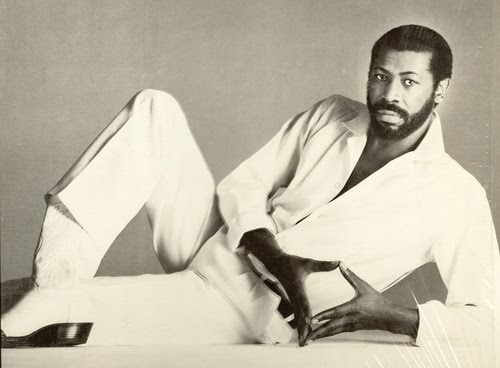
On March 18, 1982, in the East Falls section of Philadelphia on Lincoln Drive near Rittenhouse Street, Teddy Pendergrass was involved in a car crash while driving his new Rolls-Royce Silver Spirit. At the time of the accident, the singer's license had been suspended for unpaid parking tickets (he had also wrecked a Maserati the previous week). Rumors that alcohol was a factor were later discounted by the police.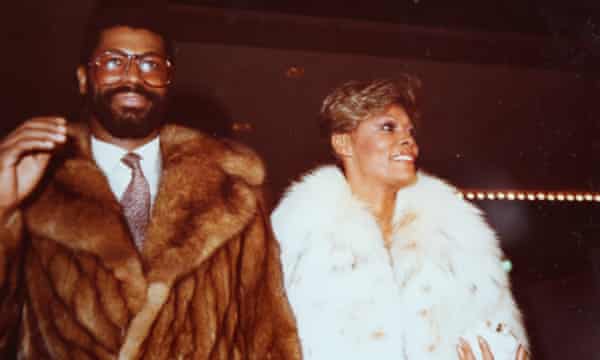
Pendergrass was reportedly driving Tenika Watson, a transgender nightclub performer whom he had known since the 1970s, to her house. Pendergrass would only say that Watson was a casual acquaintance. It appeared to Watson that the cause of the crash was a mechanical error in the car, and that possibly someone had tampered with the brakes. The car hit a guardrail, crossed onto the oncoming lane, and hit two trees. No other cars were involved. The impact jammed the doors, trapping them for almost an hour until both were freed. While Watson walked away from the collision with minor injuries, Pendergrass had a spinal cord injury, leaving him a tetraplegic, paralyzed from the chest down; he never walked again.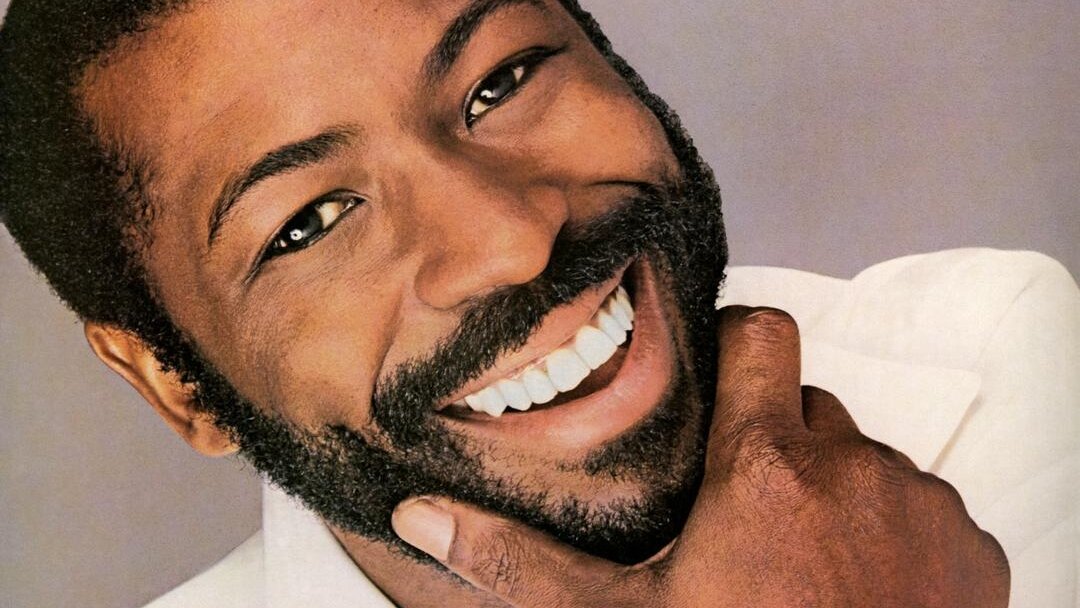
After the car crash, Teddy Pendergrass received well-wishes from thousands of his fans during his recovery. In August 1982, Philadelphia International released "This One's for You," which failed to chart successfully, as did 1983's "Heaven Only Knows." Both albums included material Pendergrass had recorded before the crash, completing his contract with Philadelphia International. When Pendergrass decided to return to the studio to work on new music, he struggled to find a recording deal. Eventually signing a contract with Asylum Records and completing physical therapy, he released "Love Language" in 1984. The album included the pop ballad "Hold Me," featuring a then-unknown Whitney Houston. It reached No. 38 on the Billboard album chart and was certified Gold by the RIAA.
On July 13, 1985, Teddy Pendergrass made an emotional return to the stage at the historic Live Aid concert in Philadelphia, in front of a live audience of over 100,000 people and an estimated 1.5 billion television viewers. It was the 35-year-old's first live performance following the accident. Pendergrass tearfully thanked the audience for keeping him in their well-wishes and then performed the Diana Ross song "Reach Out and Touch (Somebody's Hand)."
In 1988, Pendergrass scored his first R&B number-one hit in nearly a decade when the song "Joy," from his album of the same name, was released. A video of the song enjoyed heavy rotation on BET. It was also his final Hot 100 charted single, peaking at number 77. The album was certified Gold by the RIAA that same year. Additionally, Pendergrass's voice was heard on the jingles of a then-local Philadelphia radio station, WSNI-FM. Pendergrass continued recording through the 1990s. One of his last hits was the new jack swing song "Believe in Love," released in 1994. In 1996, he starred alongside Stephanie Mills in the touring production of the gospel musical "Your Arms Too Short to Box with God." In 1998, Pendergrass released his autobiography entitled "Truly Blessed."
References
- Gail Mitchell "Angie Stone Duets With the Late Soul Great Teddy Pendergrass on Classic 'Love TKO': Exclusive Song Premiere", Billboard.com, July 24, 2015.
- ^ "Teddy Pendergrass | Biography, Songs, Music, & Facts | Britannica". 10 May 2023.
- ^ "Teddy Pendergrass | studysc".
- ^ Pareles, Jon (January 14, 2010). "Teddy Pendergrass, R&B Soul Singer, Dies at 59". The New York Times.
- a b Pareles, John (January 14, 2010). "Teddy Pendergrass, R&B Soul Singer, Dies at 59". The New York Times. Retrieved February 12, 2019.
- ^ "Singer fights his way back after accident". Anchorage Daily News. July 7, 1984. Archived from the original on July 15, 2012. Retrieved January 6, 2010.
- a b c d e f g h i j Colin Larkin, ed. (1993). The Guinness Who's Who of Soul Music (First ed.). Guinness Publishing. p. 194. ISBN 0-85112-733-9.
^ "Trans Woman Riding With Teddy Pendergrass Speaks Out". Entertainment Weekly. Retrieved May 8, 2023.


































